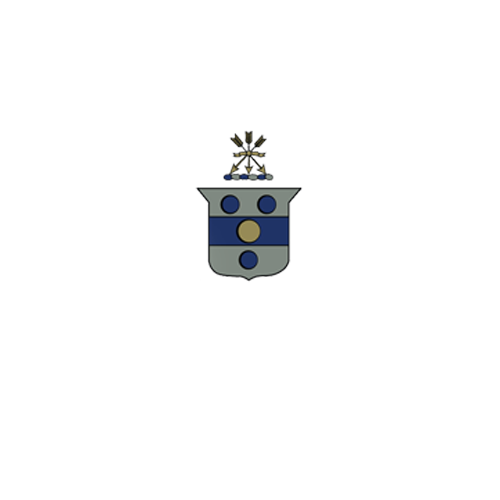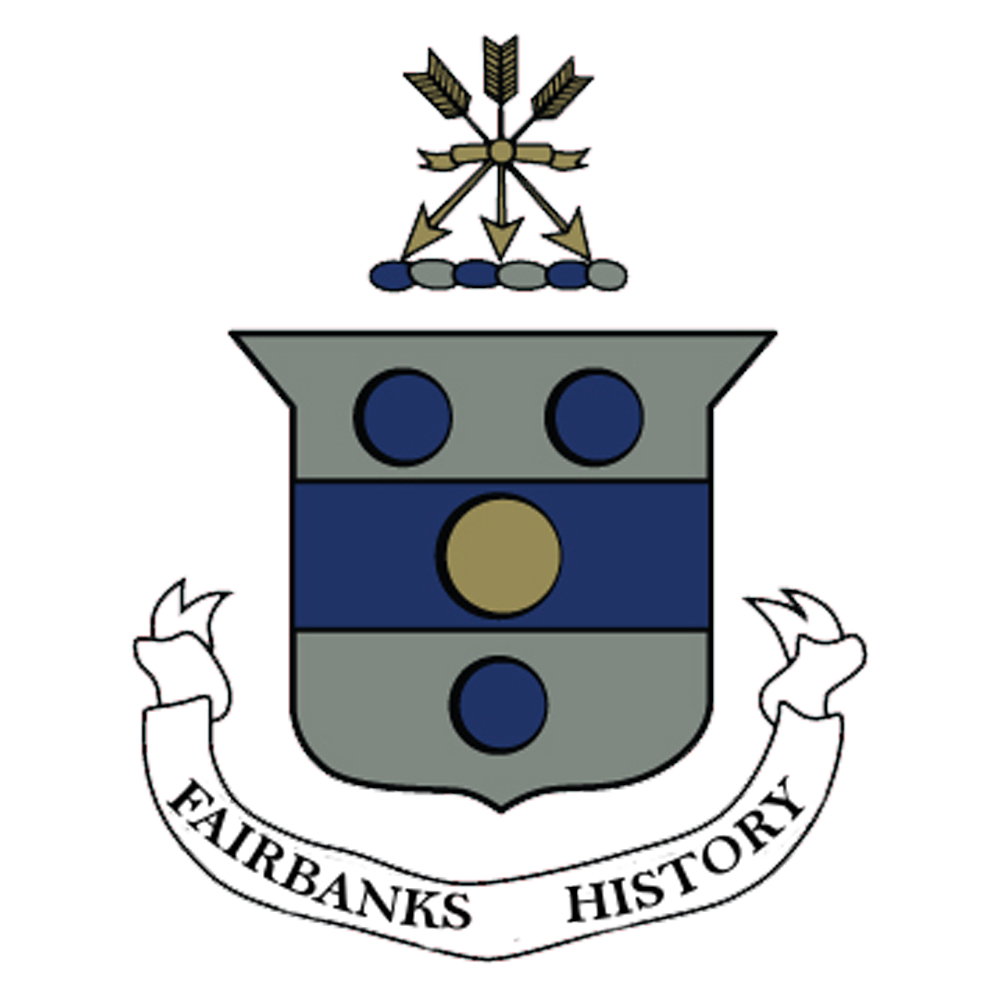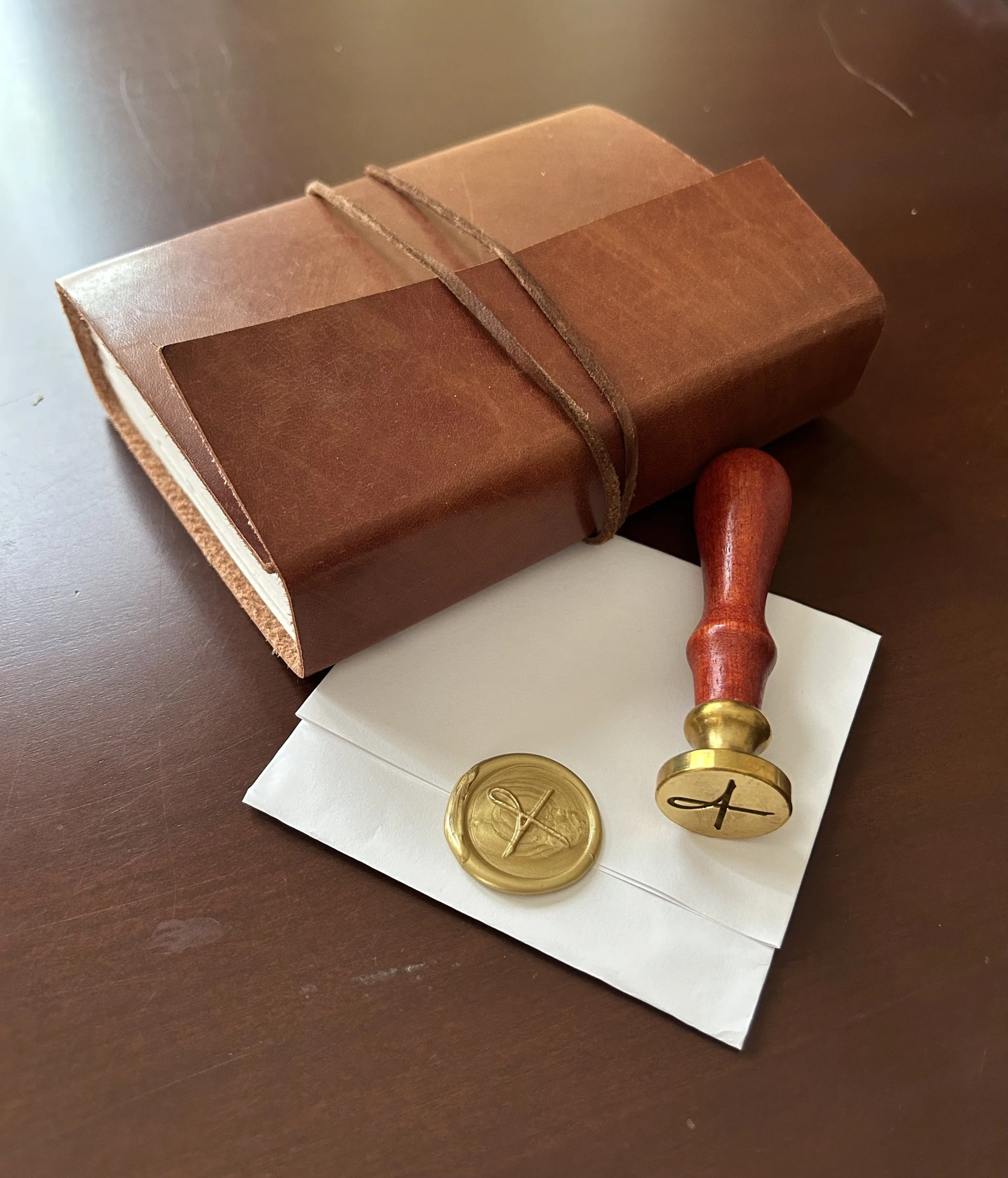Jonathan Fairbanks and the Merchant: 1653-1658
Jonathan was as a son, husband, father, immigrant, landholder, farmer,, spinning wheel craftsman, head of a distinguished house, and church member. In this blog, Jonathan, at age 59 years, is found as an assistant to a merchant, Richard Hartley, in Dedham.
Early Connection between the Families of Fairbanks and Hartley
The association between the Fairbanks and the Hartley families goes back to Halifax Parish in West Yorkshire, England. The Hartley family was prevalent in Thornton-in-Crave where John Fairbanks, believed to be Jonathan Fairbanks’s father, lived.
Court records show that at one time a John Fairbanks, either Jonathan’s father or half-brother, bought land from the Hartley family in the Haigh and Thornton-in-Craven, both in the same area.
Below is a land transaction where the Hartley family relinquish all rights to the property being transferred to John Fairbanks and Ambrose Barcroft.
Note: Remembering that spelling at that time was not standard, John Fairbank’s son, Jeremy, by his third wife, is believed to have married Margret Beecroft (1629) stated as Barcroft in the court case. The following is the court case that clears all past ownership of the land that John Fairbank and Ambrose Barcroft bought from the Hartley family. Michaelmas is a fall holiday, September 29, and one of the four judicial quarters of a year.
[1623 Michaelmas Term]
“Ambrose Barcroft and John Fairbank, quer.: Lawr. Hartley def. Messuage, cottage and lands in Haigh and Thornton in Craven. Warrenty against John Hartley brother of said Lawr. and his heirs and against heirs of Nichs. Hartley, dec'd father of said Lawr. And against Alex. Hartley brother of said Nichs. and his heirs and against heirs of Richard Hartley dec'd father of said Nichs. And against heirs of Wm Lister esq. dec'd and against Robert Houghton clerk and Ellen his wife and their heirs.” YAS 58: 223 (Joseph and Swan)
The next indication of the Fairbank/Hartley association was at John Fairbank’s death. John Fairbank of Thornton-in-Craven, England, appears to have died suddenly in 1625. He wrote his will August 4, 1625, and was buried at the St. Mary’s Church there in August 7th, 1625.
Jonathan Fairbanks’s first son, John, was not named in his will. It appears John, died prior to the father’s death. The next son in line for inheritance, George, received land as stated in the will.
In John Fairbank’s will of August 4, 1625, the witnesses were Lawrence Hartley, John Blakoy, and William Illingsworth. (Borthwick Institute of Historical Research at the University of York)
Note: Abigail Fairbank, daughter of John Fairbank, the father, married Henry Blakey.
Who Was the Richard Hartley Associated with Jonathan Fairbanks in Dedham?
Richard Hartley was a merchant and an agent for English companies that consigned goods to him for sell in New England. Jonathan Fairbanks and Richard Hartley had a merchant’s arrangement proven by a 1658 letter sent to Jonathan Fairbanks from Richard Hartley.
From that letter, we know Hartley was associated in some way with Amos Richardson, an attorney, merchant tailor, and business agent for Governor Winthrop’s family in Massachusetts Bay Colony and the West Indies. Richardson owned ships to transport trade goods.
Little is known about the arrangements between Fairbanks and Hartley prior to the 1658 letter. To learn more, the Dedham Town Records were examined to find when and under what circumstances that Richard Hartley was in Dedham.
Hartley is found in association with James Draper in Dedham in 1653. James Draper was born and married in Heptonstall, Halifax Parish, West Yorkshire, England, about five miles from Jonathan Fairbanks’s Sowerby home. Draper was a weaver by trade. He came to the New World in 1647 with his wife, whose sir name was Stansfield, and appears to have come to Dedham about the same time as Richard Hartley.
James Draper was at the town meeting on the first month, March, of 1651. Fairbanks and his sons, except Jonas, were also at this meeting.
Draper’s house is listed in Dedham and valued at 3 shillings in 1651. Only five other homes were valued at or below this amount. In comparison, Jonathan Fairbanks’s house was valued at £20 17s. John Fairbanks, his first son’s house, was valued at £4 8s, and George Fairbanks, his second son’s, was valued at £4 6s (DTR, page 183-184).
Draper was admitted as a townsman two years later on the second of the 11th month (January) 1653 (DTR, page 139).
Earlier in 1653, James Draper and Richard Hartley were found in the town records paying both country rates or taxes and the town school taxes together. They are the only persons in town paying taxes together. They paid 12 shillings and 3 pence for country rates and 7 pence for school rates (DTR, page 214 & 216). It should be noted that merchants were not taxed on their goods in the country tax. They were assessed on the basis of the value of their cargoes in case they left town between the times of assessment and collection (Rabrushka).
There are no other records of Richard Hartley or James Draper in Dedham until 1656 when Draper was given dividends or acreage in common land for cows and sheep. This was based on his estate. It was valued similar to that of John and George Fairbanks.
Records of other towns show Richard Hartley was in Connecticut between 1654 and 1656. He bought a wharf and warehouse at Mill Cove in New London (Caulkin).
The 1658 Letter from Richard Hartley to Jonathan Fairbanks
In 1658, Jonathan Fairbanks received a letter by way of Samuel Daine. The letter was written on a sheet of paper 6 by 7 ½ inches and folded into a 2 ½ inches square. Paper was expensive at that time. Letters were folded in regency style to create its own envelope. The edges were turned in to prevent prying eyes.
Note: The above was additional information noted at the bottom of the letter in a book found at the Halifax Historical Library in Halifax. No other information is available about the source at this time.
Early letters were affixed to a post at Richard Fairbanks’s tavern in Boston, waiting for the recipient or someone from his town to retrieve it. Often, curious others tried to read the contents. Other times a towns man from the sender’s location, going the way of the recipient, delivered the letter. This could also be a threat to privacy.
To prevent the intrusion of privacy, the paper was folded and sealed with wax and stamped with a seal particular to the sender. In Richard Hartley’s case, it was a heart in a square.
Below are examples of a 6 x 7 1/2 inch paper folded in regency style to create a 2 1/2 inch square parcel sealed with wax.
The resulting self contained envelope was two and a half inches square and sealed with wax.
The outside of the letter from Hartley to Fairbanks was addressed :
“To this very Loveing friend Johnnathan Fearbanke at Dedham. This.”
The body of the letter read:
“Deare and Loveing ffriend;
These lines are to signifye to you; that upon Mr. Blimmans's [Blinman was a minister in New London] returne he hath informed me how my business is with you; & my business is such here for the present I cannot come down; but I desire you if with conveniency you can to turn that ten pounds into cloth & serge & desire Amos Richison of Boston [lawyer, merchant with ships, and business agent for the Winthrop family] of Boston to convey it to me but if not I would not put you to too much trouble; but should desire you to keep it in your hands till the next spring; & turn it to your best profit, as for all other small debts due to me I would desire you discharge what I owe & keep the rest in your hands til we meet together. The bedstead that was in my house I would desire you to take in part for your care & trouble about my business and the hoe; & I would desire you to send up my bill by the bearer hearof Samuel Daine was to pay 15 shillings to Lieutenant Fisher for me. Anthony Fisher owes me all that’s in my books unless he has discharged any of it to Lieutenant Fisher; Old Goodman Generie owes me 25 shillings I you have not received it, that never was in my books; the two Bullards owe me 25 shillings- as for the other small reckonings I would desire you take their accounts, & cross them out of the book as many as you receive. Thus with my Love remembered to you & yours thanking you for your kindness & care, I rest your Loveing friend Richard Hartlie.” (The New England Historical and Genealogical Register, Vol y, page 130).
The end of the letter noted Hartley’s location and the date. The location was partly illegible De(—)it and the. The date 15 May, 1658.
The subscript read: “I would desire you, if you keep that ten shillings in your hands, you would let it be in readiness the next spring, for I am to pay it to another man that is here.”
Richard Hartley died in New London, Connecticut, four years later, in 1662. In his will, he left everything to his wife and daughter, who were still in Stansfield, West Yorkshire, England. Jonathan died six years later in 1668.
What Do We Learn About Jonathan Fairbanks From this Letter?
We know Jonathan Fairbanks was an educated man from his inventory at death. He had fifteen books, a lot for that time. He also had two pairs of glasses. He was also placed on town committees to survey land in Dedham and keep accounts of road work by residences. Now it is apparent he could also deal with numbers and accounts at a level to assist a merchant.
Fairbanks was trustworthy. Richard Hartley gave him control of his accounts and money while he was away. Jonathan would have also been familiar with and deemed ethical by his fellow townsmen to make the transactions in Richard Hartley’s absence.
Jonathan’s work must have been exemplary. Hartley was satisfied with Fairbanks representing him in his absence, based on Mr. Blinman’s, the reverend, accounts. A bedstead, a very important and expensive piece of furniture at that time, was given to Jonathan by Richard Hartley in appreciation of Fairbanks’s work.
Fairbanks sold his spinning wheels and bounties of his crops to provide for the family. Now, we know that Fairbanks was also a successful business man in assisting a merchant. Merchants were one of the esteemed stations in the Massachusetts Bay Colony.
Jonathan Fairbanks was an educated, trustworthy, respected, hard-working man with many talents. He may have been an independent thinker, as shown by his delay in accepting a membership in the Dedham church, but he also worked well with others and was often on town committees requiring cooperation. With Hartley, Jonathan showed his ability to take instruction and work in collaboration with a merchant, an esteemed trade of that time. .
Fairbanks was obviously a loving husband and father who strived to care, support, and elevate his family through his accomplishments. In the next blog, we will see how he provided for his wife, all of his children, and some other descendants through his will at his death, December 1668.
Resources
Caulkin, Frances Manwaring and Griswolf, Cecelia. History of Connecticut: from the first survey of the coast in 1612 to 1680, New London, H. D. Utley, 1895.
https://archive.org/details/historyofnewlond00caul
Drake, Samuel G. Copy of an Ancient Letter, The New England Historical and Genealogical Register, , 1853. page 130.
https://archive.org/details/newenglandhistor007wate/page/130/mode/2up
Hill, Don Hill, Don Gleason, Early Records o Dedham, Massachusetts:1636-1659, Dedham, Massachusetts, 1892. https://archive.org/details/earlyrecordsofto03hill/page/28/mode/2up
Joseph, Ruth Fairbanks and Landberg, James Swan. "Jonathan Fairbank of Dedham, Massachusetts, and his family in the West Riding of Yorkshire, The New England Historical& Genealogical Register, (New England Historic Genealogical Society, Boston, Mass.) July 2012, Vol. 166, Pages 165-187
Martin, John Fredrick. Profits in the Wilderness, Omohundro Institute, 1991. pages 64, 70, 222. re Amos Richardson)
Pope, Charles Henry. Pioneers of Massachusetts. Heritage Books, Inc., 1991.
Rabushka, Alvin. The Colonial Roots o American Taxation, 1607-1700. August 1, 2002. https://www.hoover.org/research/colonial-roots-american-taxation-1607-1700
Rosell, Lewellyn Richardson, Amos Richardson of Boston and Stonington. (New York: Rosell L. Richardson, 1906), 7-19.
http://www.jfredpeterson.com/tree/g11rich.htm








